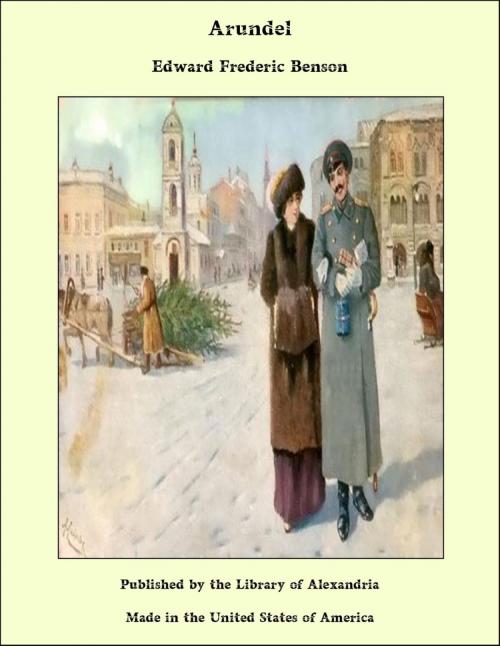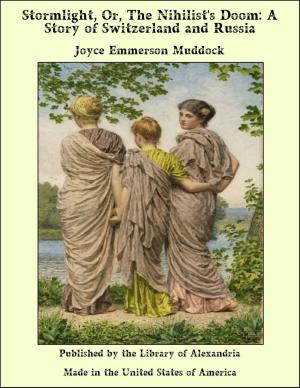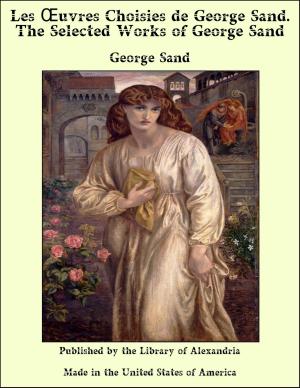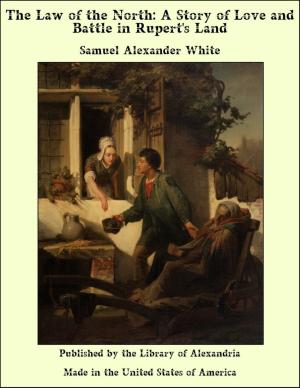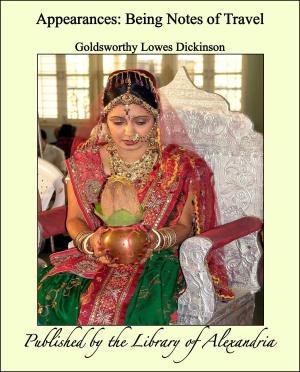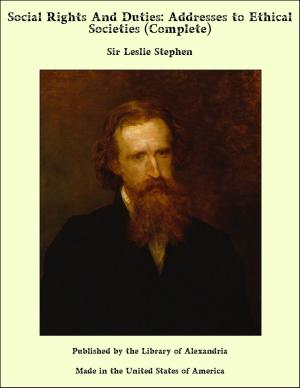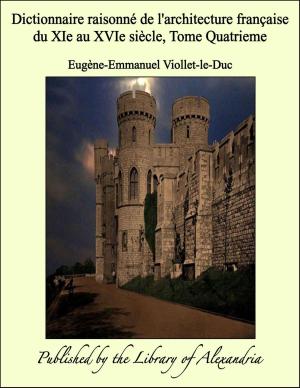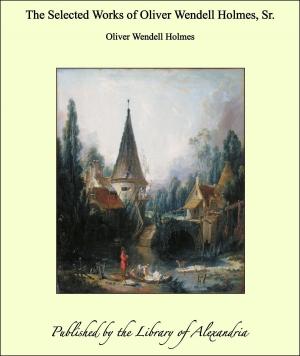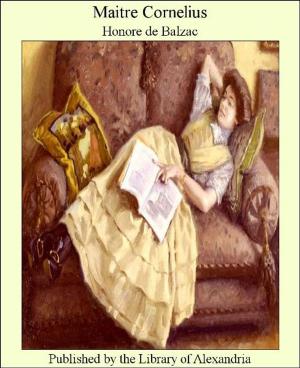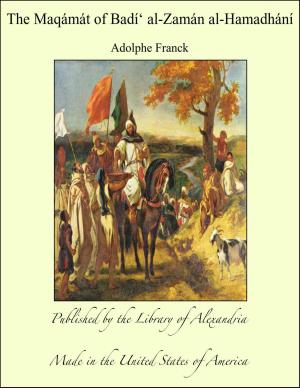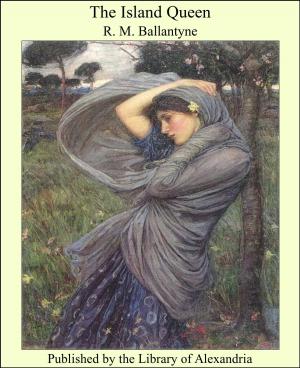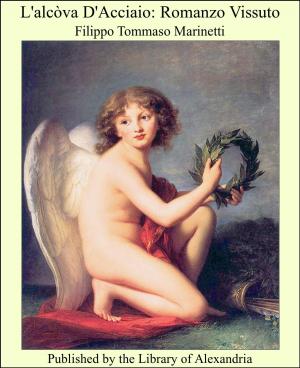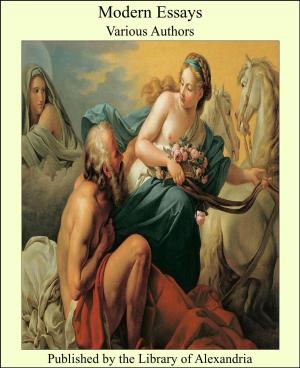| Author: | Edward Frederic Benson | ISBN: | 9781465619891 |
| Publisher: | Library of Alexandria | Publication: | March 8, 2015 |
| Imprint: | Language: | English |
| Author: | Edward Frederic Benson |
| ISBN: | 9781465619891 |
| Publisher: | Library of Alexandria |
| Publication: | March 8, 2015 |
| Imprint: | |
| Language: | English |
Colonel Fanshawe was riding slowly back to his bungalow about an hour before the sunset of a hot and brilliant day in the middle of March. He had spent a long day in the saddle, for the Commander-in-Chief of the Indian Forces was at Peshawar on a visit of inspection, and he had reviewed and inspected and inspected and reviewed and given medals and colours and compliments and criticism till the whole garrison, who had been under arms on the parade ground since an early hour that morning, was ready to drop with a well-earned fatigue. That evening there was to be a great dinner-party followed by a dance at the house of the Resident. To-morrow the Commander-in-Chief was to go up the Khyber pass, returning just in time to catch the night train to Lahore, arriving there at daybreak, and prepared to spend another day similar to this. And yet, so reflected Colonel Fanshawe, he was made, to all appearance, of flesh and blood, exactly like anybody else: indeed, he was endowed with flesh to a somewhat phenomenal extent; for, though not of unusual height, he swung a full eighteen stone into his saddle, ate and drank in perfectly amazing quantities, and, without doubt, would to-night prance genially and colossally from beginning to end of every dance with a succession of the prettiest girls in Peshawar. It was equally certain that at the conclusion he would go in person to the bandmaster and beg as a personal favour for an extra or two.... And Colonel Fanshawe, lean and slight and in excellent condition, felt himself a pigmy and an invalid in contrast with this indefatigable elephant who all day had seemed only to wax in energy and boisterousness and monumental briskness. It was as if some huge Government building had burst into active life: John Bull himself, as in the pages of some patriotic print, had become incarnate, commanding and guffawing and perspiring. But the day, though fatiguing to everybody else except the Commander-in-Chief, had been highly satisfactory. Twice had he complimented Colonel Fanshawe on the smartness of his Pathan regiment, and since the regiment was one of the two institutions for which the Colonel lived and loved, it followed that in retrospect his habitual content, which at all times was of a very sterling quality, had been lifted to the levels of the sublime. And anticipation was up to the level of retrospect, for the second of these institutions which engaged all his energies and affection was the home towards which he was now ambling along the dusty roads. In the imperturbable fashion of a man who was not gifted with much imagination, he enjoyed what he had to the almost complete exclusion of desiring that which he had not; and though, if a genuine wishing-cap had been put ready to his hand, he would certainly have had a request or two to make, he never, in the absence of that apocryphal piece of headgear, let his mind dwell on what it might have brought him. His wife, the second of that name, and Elizabeth, the daughter of the first, almost completely exiled from his mind all desires connected with his home, and were sufficient to satisfy the emotional needs of a love which was not the less luminous because it lacked the iridescence of romance. It burned with a steady and unwinking flame, without rockets and multi-coloured stars, and was eminently suited to light a man's way, so that he should go without stumbling through the dusk of a hazardous world. For the sake of his wife or of Elizabeth he would have given his life unquestioningly and with cheerfulness, regretting the necessity should such arise, but he would have done so without any of the ecstasy of self-sacrifice that inspired the hymns and the beatitudes on the lips of martyrs. In this sunny afternoon of middle age which had come to him there were none of the surprising flames that glorify the hour of dawn.
Colonel Fanshawe was riding slowly back to his bungalow about an hour before the sunset of a hot and brilliant day in the middle of March. He had spent a long day in the saddle, for the Commander-in-Chief of the Indian Forces was at Peshawar on a visit of inspection, and he had reviewed and inspected and inspected and reviewed and given medals and colours and compliments and criticism till the whole garrison, who had been under arms on the parade ground since an early hour that morning, was ready to drop with a well-earned fatigue. That evening there was to be a great dinner-party followed by a dance at the house of the Resident. To-morrow the Commander-in-Chief was to go up the Khyber pass, returning just in time to catch the night train to Lahore, arriving there at daybreak, and prepared to spend another day similar to this. And yet, so reflected Colonel Fanshawe, he was made, to all appearance, of flesh and blood, exactly like anybody else: indeed, he was endowed with flesh to a somewhat phenomenal extent; for, though not of unusual height, he swung a full eighteen stone into his saddle, ate and drank in perfectly amazing quantities, and, without doubt, would to-night prance genially and colossally from beginning to end of every dance with a succession of the prettiest girls in Peshawar. It was equally certain that at the conclusion he would go in person to the bandmaster and beg as a personal favour for an extra or two.... And Colonel Fanshawe, lean and slight and in excellent condition, felt himself a pigmy and an invalid in contrast with this indefatigable elephant who all day had seemed only to wax in energy and boisterousness and monumental briskness. It was as if some huge Government building had burst into active life: John Bull himself, as in the pages of some patriotic print, had become incarnate, commanding and guffawing and perspiring. But the day, though fatiguing to everybody else except the Commander-in-Chief, had been highly satisfactory. Twice had he complimented Colonel Fanshawe on the smartness of his Pathan regiment, and since the regiment was one of the two institutions for which the Colonel lived and loved, it followed that in retrospect his habitual content, which at all times was of a very sterling quality, had been lifted to the levels of the sublime. And anticipation was up to the level of retrospect, for the second of these institutions which engaged all his energies and affection was the home towards which he was now ambling along the dusty roads. In the imperturbable fashion of a man who was not gifted with much imagination, he enjoyed what he had to the almost complete exclusion of desiring that which he had not; and though, if a genuine wishing-cap had been put ready to his hand, he would certainly have had a request or two to make, he never, in the absence of that apocryphal piece of headgear, let his mind dwell on what it might have brought him. His wife, the second of that name, and Elizabeth, the daughter of the first, almost completely exiled from his mind all desires connected with his home, and were sufficient to satisfy the emotional needs of a love which was not the less luminous because it lacked the iridescence of romance. It burned with a steady and unwinking flame, without rockets and multi-coloured stars, and was eminently suited to light a man's way, so that he should go without stumbling through the dusk of a hazardous world. For the sake of his wife or of Elizabeth he would have given his life unquestioningly and with cheerfulness, regretting the necessity should such arise, but he would have done so without any of the ecstasy of self-sacrifice that inspired the hymns and the beatitudes on the lips of martyrs. In this sunny afternoon of middle age which had come to him there were none of the surprising flames that glorify the hour of dawn.
